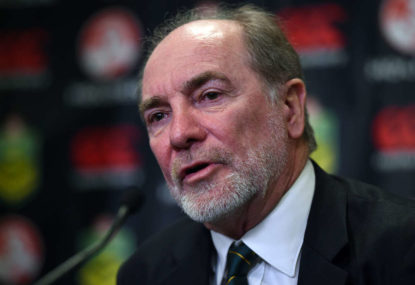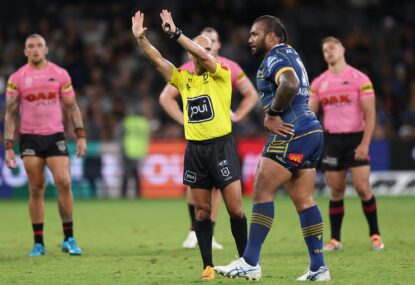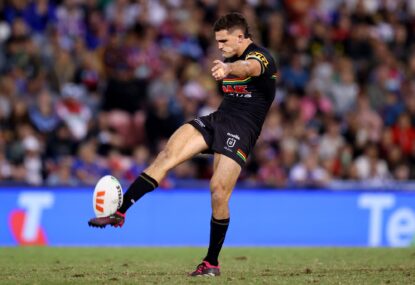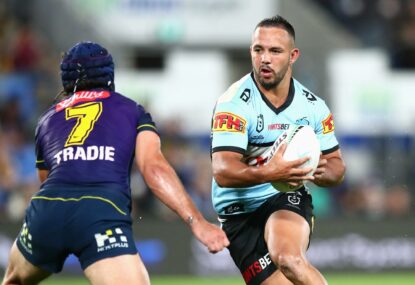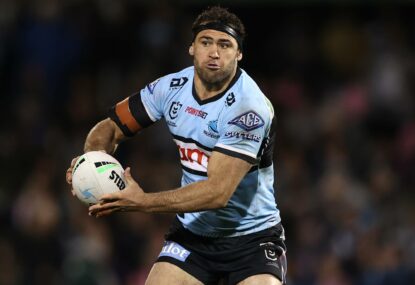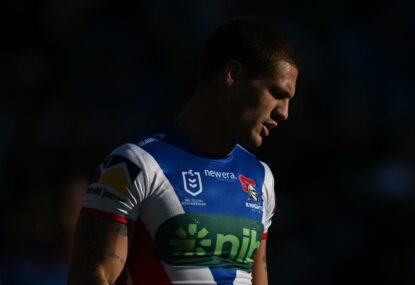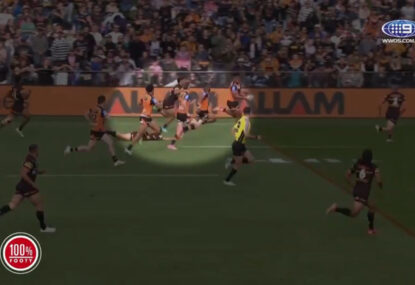Rugby league is a game that needs its elder statesmen.
The role of the men who played decades ago should never be underestimated. It needs the experienced coaches who see the game from all angles and the journos and commentators who immerse themselves in all things league.
It needs the administrators and business people who have overseen the code through difficult periods only to see it survive, sometimes, in spite of itself.
They all have something of value to add, whether it be lessons from the past or wise vision for the path ahead.
In the future, the game will also need its elder stateswomen as well. The current crop of Jillaroos pioneering their way through the virgin landscape of the women’s game will one day be the voices of reason and provide inspiration and education for generations of women players to come.
It is important that people assuming powerful positions in the media and at football clubs themselves, impart their knowledge to those that follow. What they must also do is move with shifts in public perception and opinion and see the game through a modern day lens and not one through which they peered in years gone by.
The game, as in life, changes at a rapid rate and there are certain aspects of it that require a mature adaptable mind in order to cope with the speed of change. On occasion, echoes of the past, once broadly accepted mantras, return and clash violently with who we are and what the code is in the twenty first century.
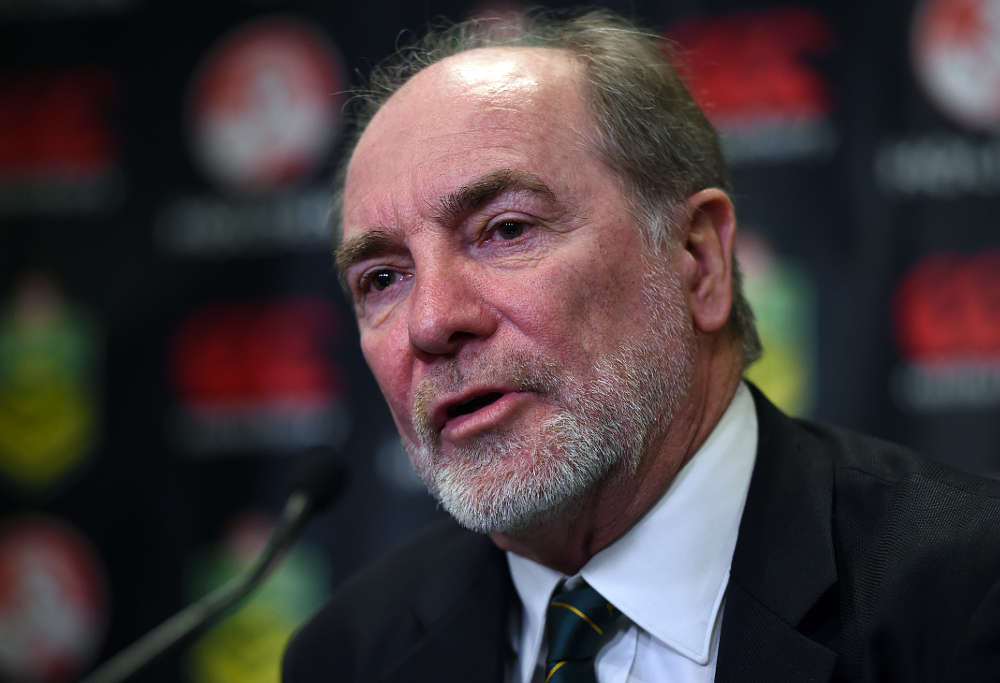
(AAP Image/Paul Miller)
The issue of concussion looms as one of the most contentious and problematic issues in the short term future of the game. While the science is clear, the damage tangible and the potential litigious ramifications scary, some just don’t seem to get it.
Taking the entire scenario out of the hands of the players, clubs and administrators is paramount. Players are still struggling to their feet, jelly legged and somehow permitted to remain on the field.
An ancient code and its role as a measure of toughness is still alive, the players abide by it and fans still respect the supposed courage and character shown. It’s time to show greater courage. Time for clubs to understand the serious health ramifications and model that seriousness in their treatment of players.
It’s not weak. Being a healthy 50 year old ex-footballer in a good mental space and being there to love and care for a spouse and children is far tougher. That is real courage.
Playing on, or being encouraged to do so, when significant impact is made to the head is weak and any attitude that suggests otherwise is archaic.
Criticism of the NRL’s stance on punching and cynical commentary on the push and shove that often occurs on-field is another example of unwanted antiquated attitudes that do nothing but paint modern players as something less than their predecessors.
After an illegality in a tackle or a few aptly chosen words, the ensuing fracas isn’t attractive. Luckily it simmers pretty quickly. Officials shout out things like ‘leave it Adam,’ or ‘walk away Scott’ and the players agree to disagree.
Hearing the theatre described as ‘handbags at ten paces’ or saying ‘back in my day you would have planted one on his chin and it would have been sorted’ is narrow minded and misogynistic.
Watching the Cronulla-Manly grand final of 1973 or the Newtown-Manly clash in 1981 might tickle the fancy of some, however, it is actually disgusting. Any commentary that lauds the brawls that occurred in those days lacks foresight and any lamentation of their loss to the game is infantile.
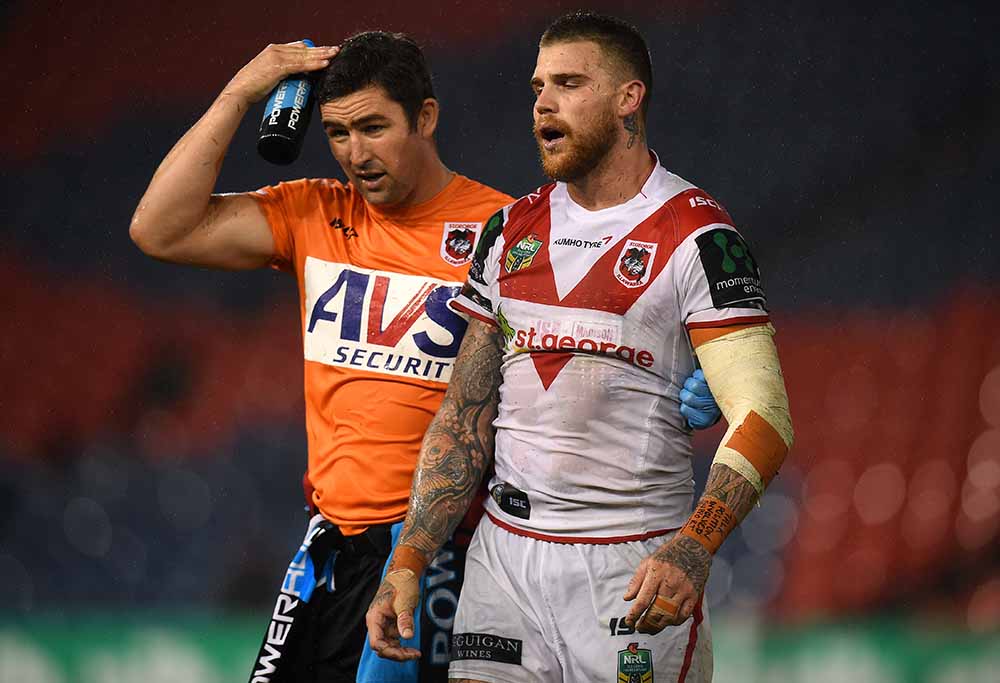
(AAP Image/Dan Himbrechts)
Don’t get me wrong, no disrespect intended towards the legends who took part, yet the further we continue to move away from the culture that permeates through that footage, the better the game will be.
The role of the sledge is still a feature of the modern game but the goal posts have shifted.
No longer is it OK to fall back on a ‘leave it on the field attitude’. The personal battles faced by people in modern life make the aggressive delivery of barbs and insults a very dangerous practice.
The men and women who train, prepare and play this great game have a life outside the playing arena. Comments around parentage, ethnicity, sexuality and the like, were once the norm, however, the ramifications for players in the high pressured environment of modern life are significant.
To dismiss it as ‘gamesmanship’ is moot. As we often note, rugby league is more than a game these days, there is far more at stake, both professionally and personally.
The ‘what happens on the field, stays on the field’ mantra, just doesn’t fly anymore and archaic attitudes that somehow protect unaccepted practices through the promotion of silence are out of step with a modern society.
Unfortunately, when looking at incidents around the racial vilification of Indigenous players right across the country, it is clear that the shifting goal posts are still a little out of sight for some.
Sadly, it wasn’t society as a whole demanding a change in attitude when it came to Indigenous issues, it was brave individuals such as Timana Tahu and Nicky Winmar in the AFL, who forced the expectations to shift.
Remarkably, some find offence in this, citing context around the racial taunts made in Origin camp or excusing attackers by suggesting they are not racists.
Thus, when an ingrained culture is present, it is clear that it won’t change itself. Only courage and vision, often in the face of criticism, will create beneficial change.
Historically, players indiscretions in their personal lives are often excused as just that, ‘slip-ups’. Many still get a chuckle from an alcohol fuelled session that goes a little off-course, a drunk player driving around without a licence or social media capturing players engaged in some rather odd and compromising situations.
Some of the more absurd moments in player behaviour over the last few years have been moderated with a common yet misguided logic. ‘Players have personal lives’, ‘Haven’t you ever made a mistake?’ they say.
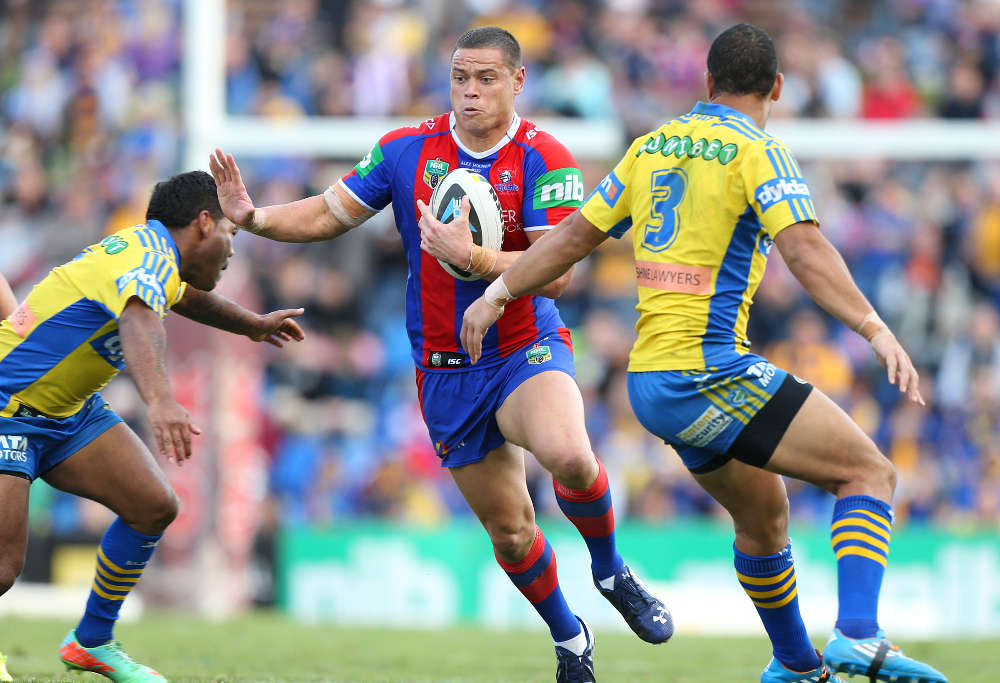
(Anthony Johnson copyright © nrlphotos.com)
Sure have, my list is endless. Growing by the day. However, the termination of my contract would be immediate if my behaviour mirrored many of the modern incidents upon which the media have fuelled. The key point is who finds out.
If colleagues, clients and management never discover the misdemeanour, then I might have a sneaky chance.
On the other hand if the details of my stupidity spread cancerously through the community that I engage with on a professional level, my fate is assured, as my employer would instigate the ‘employment related consequences’ that I was warned about on day one.
Rugby league footballers live in the public eye, know this fact going in and are well rewarded for their work. There is no excuse anymore.
Lessening the criticism of the immaturity and lack of integrity at the heart of these types of misdemeanours is wrong. Citing some sort of ‘boys will be boys’ defence fails to promote the appropriate response which should involve holding NRL players, fans and clubs to an even higher standard.
Context is everything. Things have changed. Many might yearn for a day when a couple of guys whacked each other to sort out an issue or real toughness meant pushing oneself into situations where personal health became a secondary concern.
Some might still suggest that a little bit of personal banter is all part of the game and showing a thick skin is the most appropriate response.
Unfortunately, these attitudes are out of step and the thinking of rugby league people needs to change.
If not, the game will always remain singed with attitudes and ideas from the past. Attitudes that once, were reflective of the broader community, yet today, fall sadly short of what is expected.





























































































